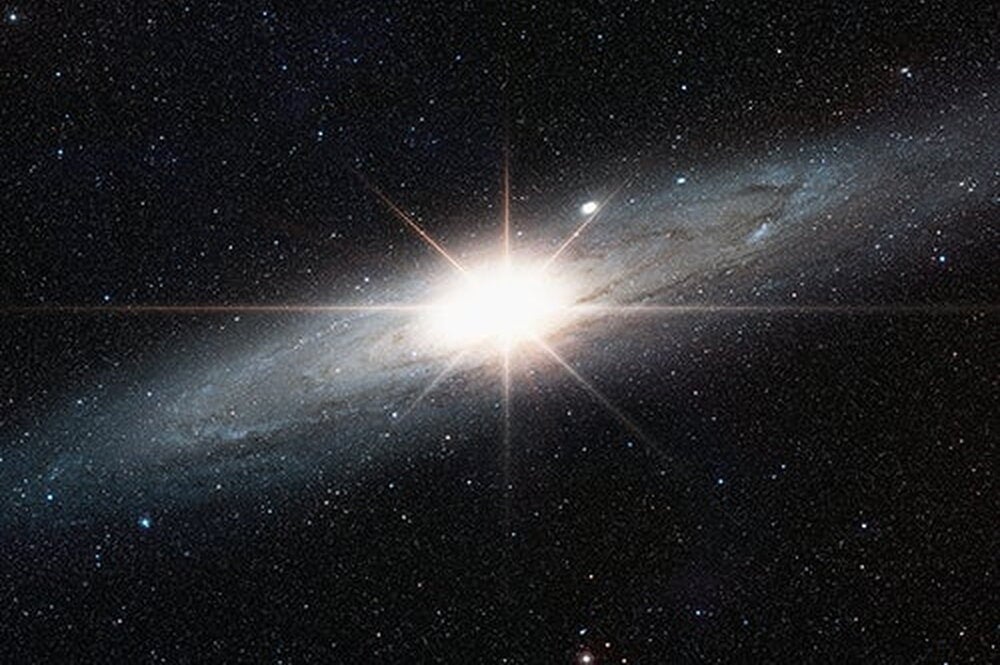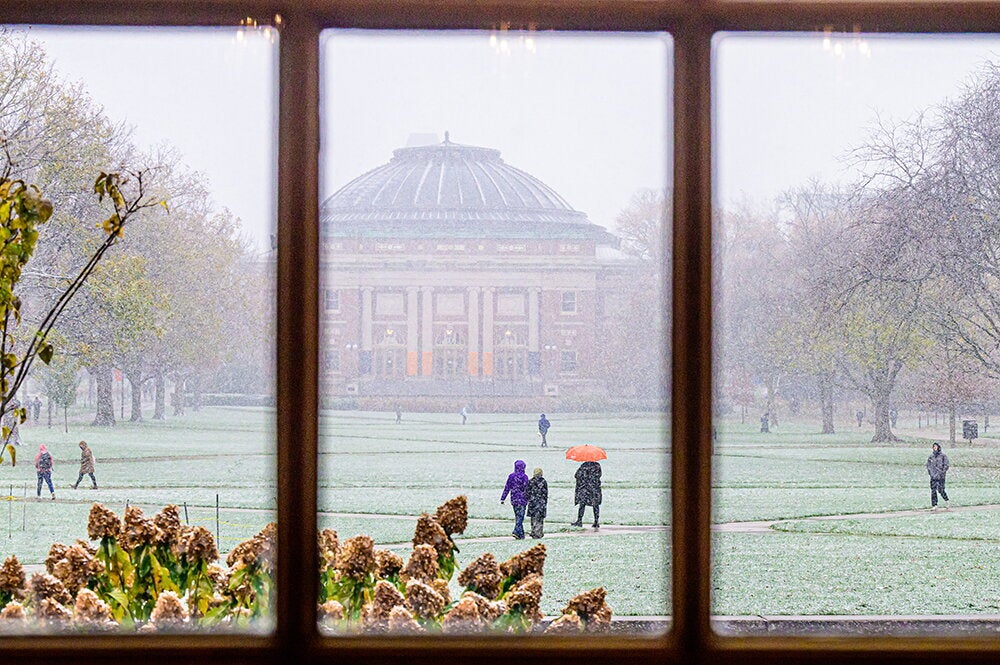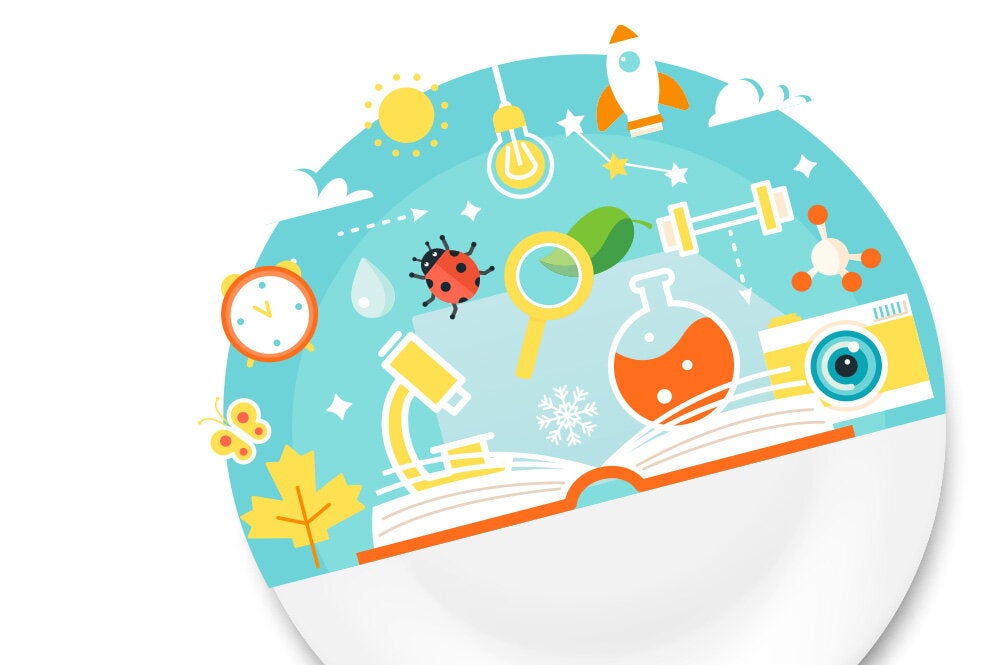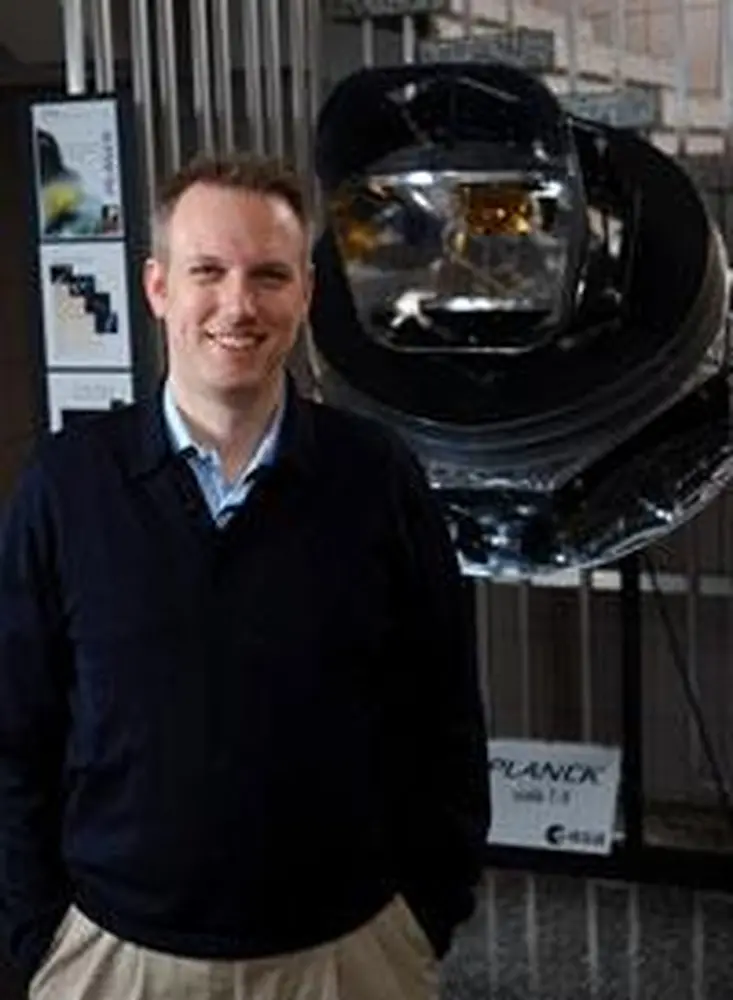
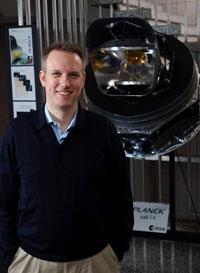
Want to help unravel the mysteries of the universe? A new distributed computing project designed by a University of Illinois researcher allows people around the world to participate in cutting-edge cosmology research by donating their unused computing cycles.
The project is called Cosmology@Home, and is similar to SETI@Home, a popular program that searches radio telescope data for evidence of extraterrestrial transmissions.
"When you run Cosmology@Home on your computer, it uses part of the computer's processing power, disk space, and network bandwidth," says project leader Benjamin D. Wandelt, a professor of astronomy and physics at Illinois.
"Our goal is to search for cosmological models that describe our universe and agree with available astronomical and particle physics data," Wandelt says.
To achieve this goal, participating computers calculate the observable predictions of millions of theoretical models with different parameters. The predictions are then compared with actual data, including fluctuations in the cosmic microwave background, large-scale distributions of galaxies, and the acceleration of the universe.
In addition to picking out possible models, Cosmology@Home could help design future cosmological observations and prepare for the analysis of future data sets, such as those to be collected by the Planck spacecraft, Wandelt says.
Cosmology@Home is funded by the National Science Foundation.
